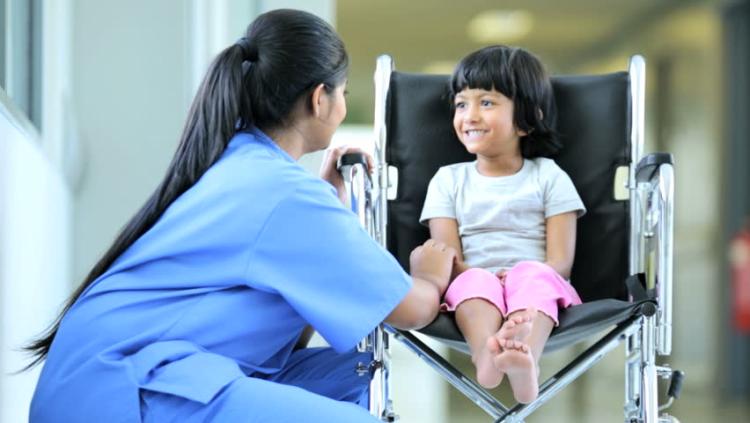Two new certificate options launched at CU Boulder
Certificates in social innovation and care, health and resilience aim to help students help others
Two new certificate programs at the University of Colorado Boulder—one in social innovation and the other in care, health and resilience—are available to students now, thanks to the efforts of Don Grant, a professor of sociology.
The new programs can benefit students regardless of major, he said, noting that one value of a university education is its versatility.

According to Grant, the certificate programs address topics often overlooked by social scientists but critical to students’ future employment. Because of this, he devised programs to better equip students to tackle these fundamental, professional concerns.
The Undergraduate Certificate in Social Innovation prepares students to work in fields where the objective is to help society's most vulnerable and disadvantaged people. The program teaches students how to design and execute evidence-based strategies to improve human welfare.
This certificate advances CU Boulder’s strategic imperative to be the top university for innovation, Grant said.
“Boulder is considered to be one of the most innovative and entrepreneurial cities in the country,” and the Certificate in Social Innovation puts students in contact with local innovation experts who will serve as mentors and develop students’ skills as professional problem-solvers, he said.
Because the certificate is open to all majors, students will consider ideas from many disciplines and backgrounds, and that openness aims to foster sustainable solutions.
Thinking on your feet is an advantage in today’s job market, and students trained in social innovation will be well-rounded and capable job candidates, Grant said.

The Undergraduate Certificate in Care, Health, and Resilience aims to prepare undergraduates to work in the “helping” professions—nursing, medicine, counseling, teaching, community services, ministry, emergency management and related fields—by addressing the human dimensions of modern care.
The certificate advances another university imperative, to “positively impact humanity,” Grant said.
“Today’s students are more motivated than ever to help the disadvantaged, and the Undergraduate Certificate in Care, Health, and Resilience prepares future health-care professionals to treat their clients holistically,” Grant said.
Through internships, students will learn the emotional, social and organizational challenges of working in modern care bureaucracies. He said those challenges are not addressed in classes that focus solely on the technical aspects of service.
This certificate complements but does not compete with the existing Undergraduate Certificate in Public Health, he said. Care providers must understand the human impacts of their work, and through internships at local hospitals like the CU Anschutz Medical Campus, Grant believes students will better appreciate the work they do and the lives they nurture and save.
Both programs emphasize how instead of what to think, reflecting a goal of a liberal-arts education and targeting students whose career goals range from politics to nursing.

